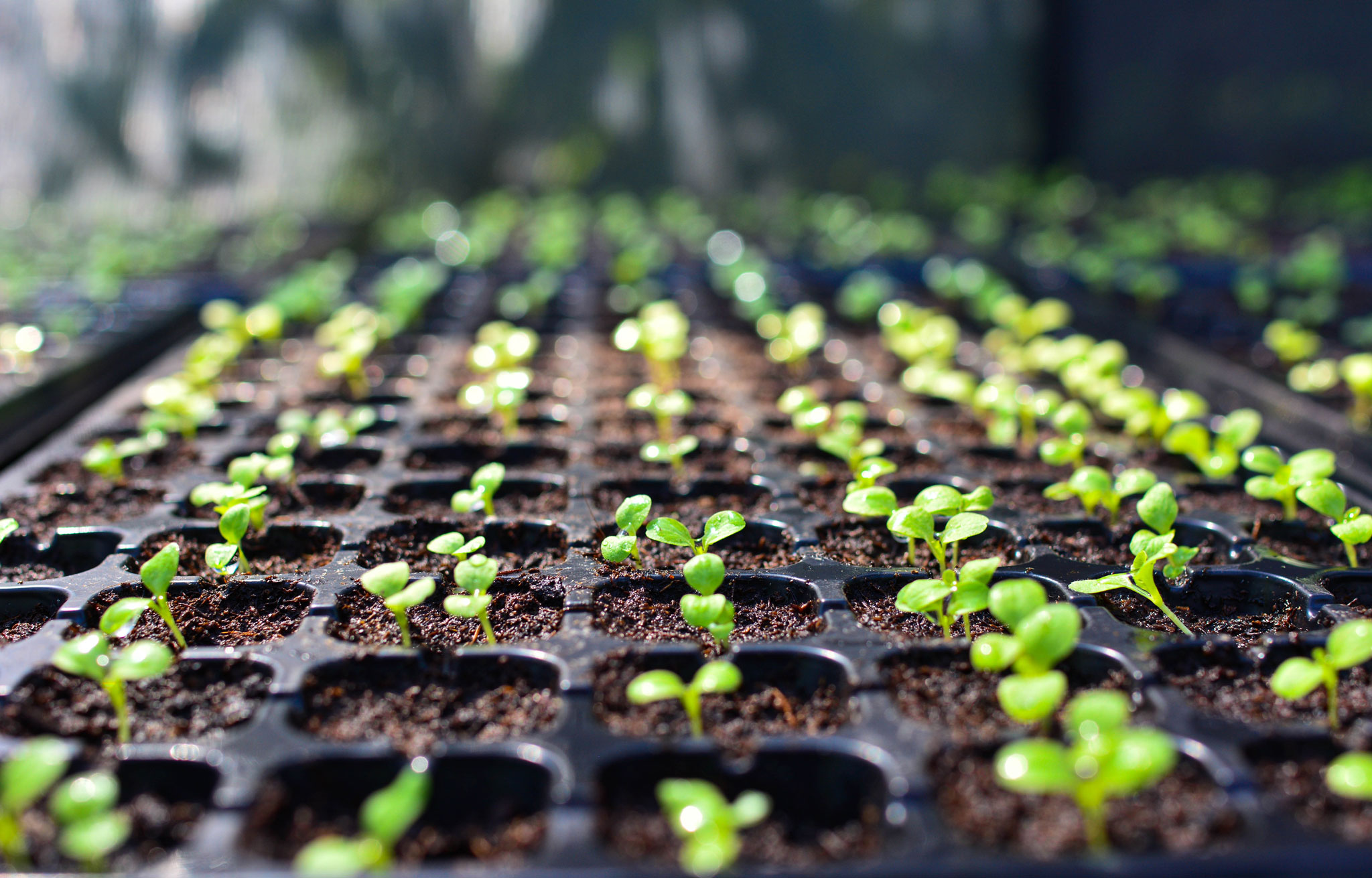Onions? For crying out loud! Onions, Allium cepa, seem so commonplace. But perhaps we’ve become desensitized to their presence and forgotten how fabulous and flavorful they can be. May I inspire you?
It’s the common belief that onions originated in Central Asia but were possibly first cultivated in Iran and Pakistan. Regardless, this mighty vegetable is one of the oldest cultivated vegetables in human history (over 5,000 years, that we know of) and was just as much of a food staple on prehistoric Earth as it is today. Onions are easy to grow, simple to store, and painless to transport. They were an excellent food for overwintering and preserving when other foods didn’t last through the autumnal and winter seasonal changes. They prevented thirst, provided energy, had medicinal properties and were used for preservation in burial rituals and mummification. And they just kind of made everything taste a little better.
Related closely to garlic, leeks, chives and shallots, onions contain the enzyme alliinase. When cut or crushed, this enzyme is released and converts a sulfide-based amino acid into the so-called “crying factor” oxide. However, the sulfur compounds in onions, as well as flavonoids, phenolic acids, saponins and pectin have a variety of health and diet benefits.
Story continues after a quick message from our sponsor below.
Quercetin, the primary flavonoid found in onions, has antioxidant and anti-inflammatory properties. As a supplement, it is often taken for heart conditions, healthy blood vessels, arthritis, bladder infections, blood sugar control, diabetes and to help kill cancer cells. Overall, onions and extracts have been shown to prevent clot formation, lower blood pressure and historically treat asthma, due to their ability to relax the bronchial muscles as well as inhibit the production of compounds that cause the bronchial muscle to spasm.
Note: Onions do contain a small amount of oxalates. If you suffer from chronic oxalate-containing kidney stones, you should consume onions in moderation.
Wild varieties of onions still grow all over the world, and 24 Allium species grow in Idaho alone! They also make a perfect garden companion plant for beets, cabbage, carrots, lettuce, rosemary, strawberries, tomatoes, leeks, garlic and all varieties of themselves. Don’t plant them with beans and peas, however. Another benefit of growing onions – they repel aphids, carrot fly and other harmful pests.
When it comes to cooking, I almost always start a savory recipe with chopped or powdered onions and minced or powdered garlic. No matter what I add next for substance or seasoning, these two ingredients simply add a level of flavor that nothing else can and complement every other herb, spice and flavor you can imagine. Check out my recipe for a creamy wild onion sauce recipe that goes nicely with pasta and chicken.
Onions can also be sweet. Think creamy onion dressing and brown sugar caramelized onions and apples. Cooking onions and caramelizing them in olive oil, especially sweet varieties like Walla Walla, Vidalia and Maui, removes much of the bulb’s pungency and allows the sweetness to shine. In fact, chocolate and onions are a surprisingly delicious combination. They can also be sweet battered with brown sugar and cinnamon as dessert onion rings. Mueller Chocolate Co. in Rockledge, Penn., has a fun story behind their chocolate covered onions that involves a comedian in the ‘80s, a comedy show gag and Ripley’s Believe It or Not Bizarre Foods. I’m offering you a chocolate onion cake that creates a more delicious fusion of these two seemingly paradoxical ingredients. Because, you know, the National Onion Association says that onions make a chocolate cake better. N

By S. Michal Bennett



